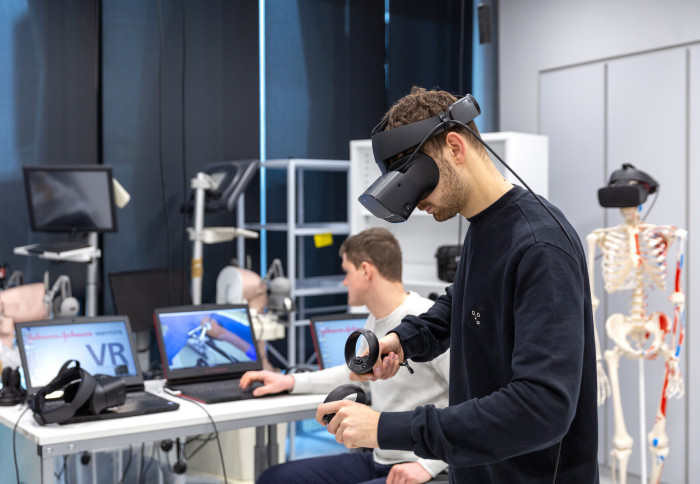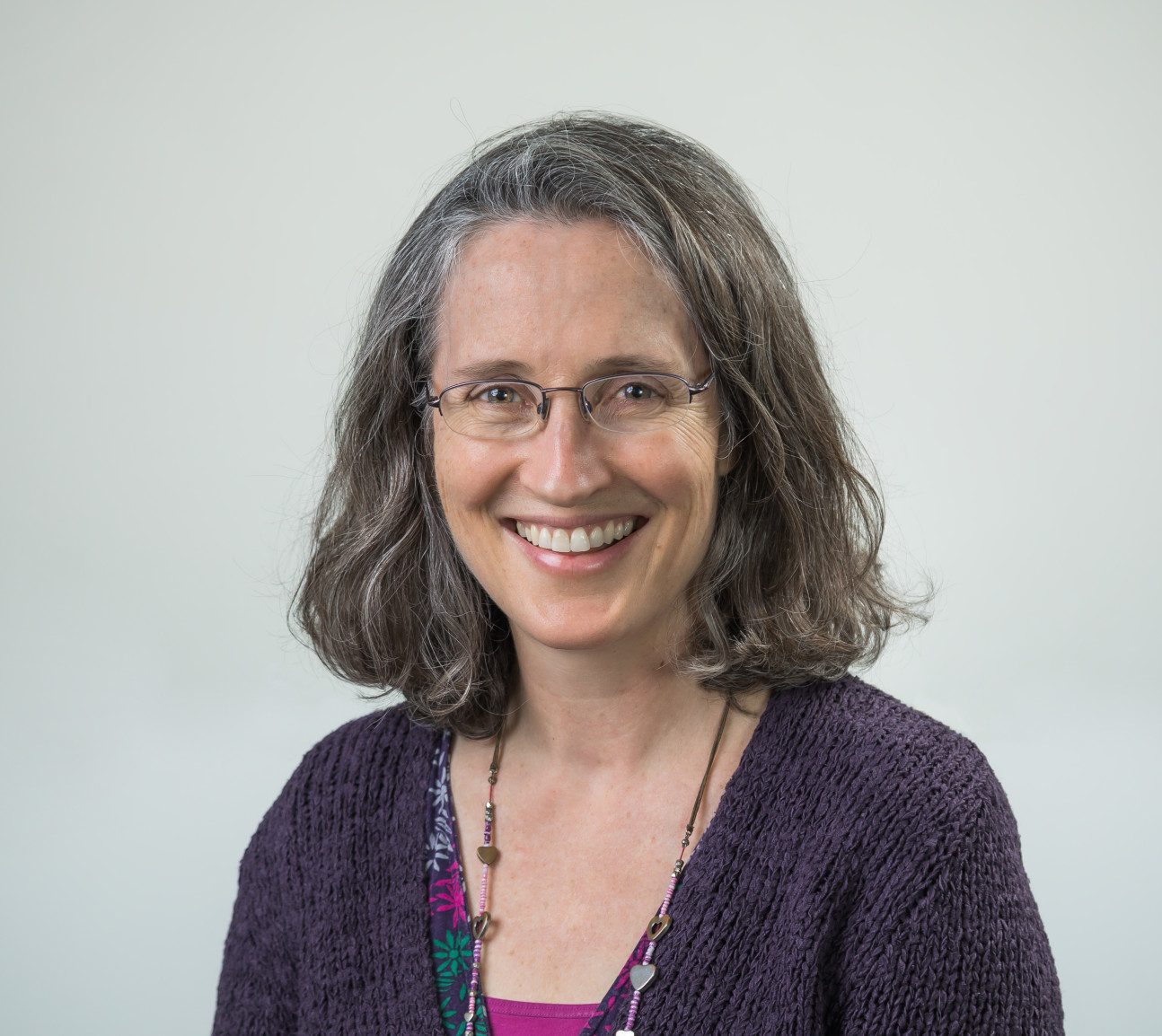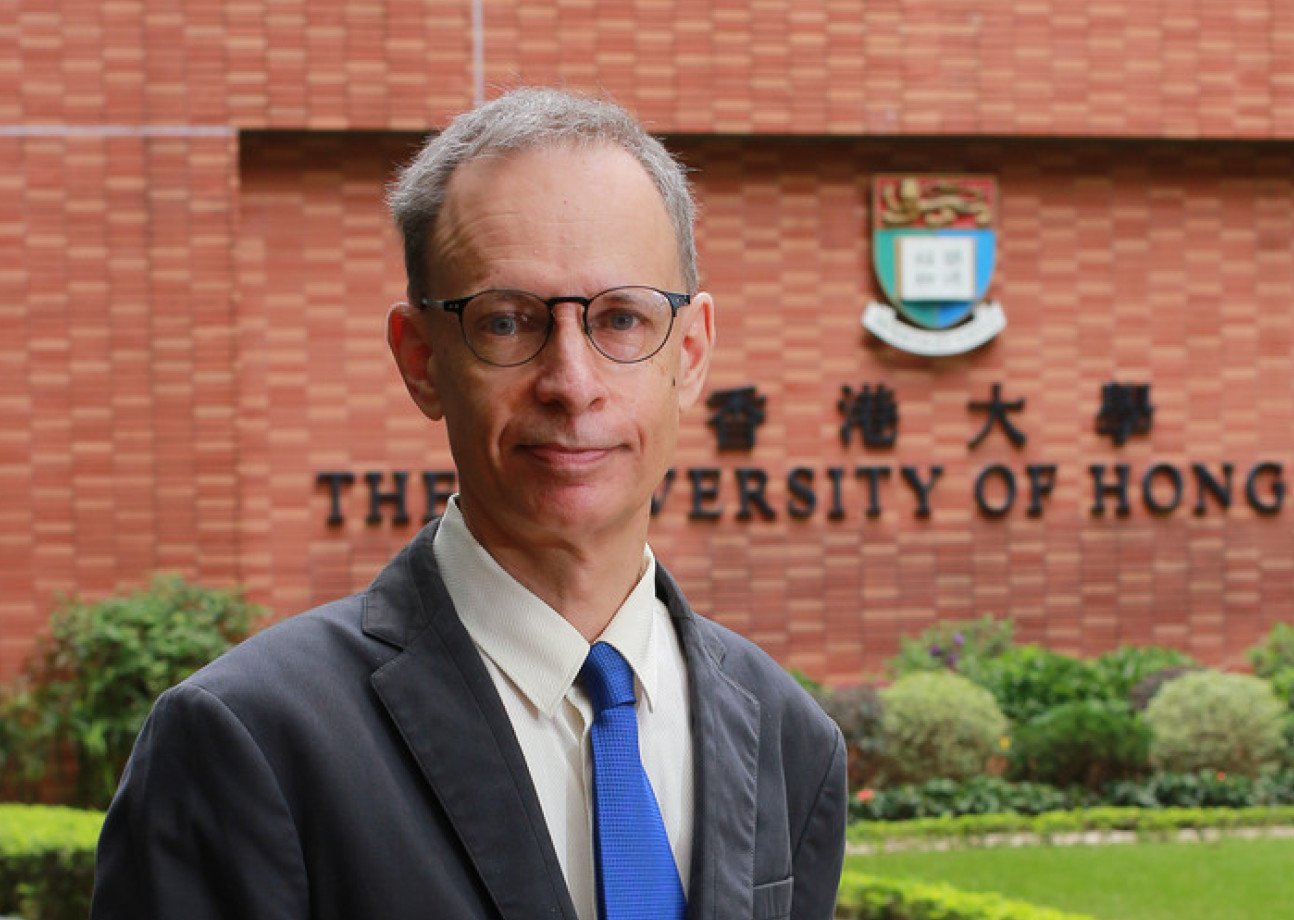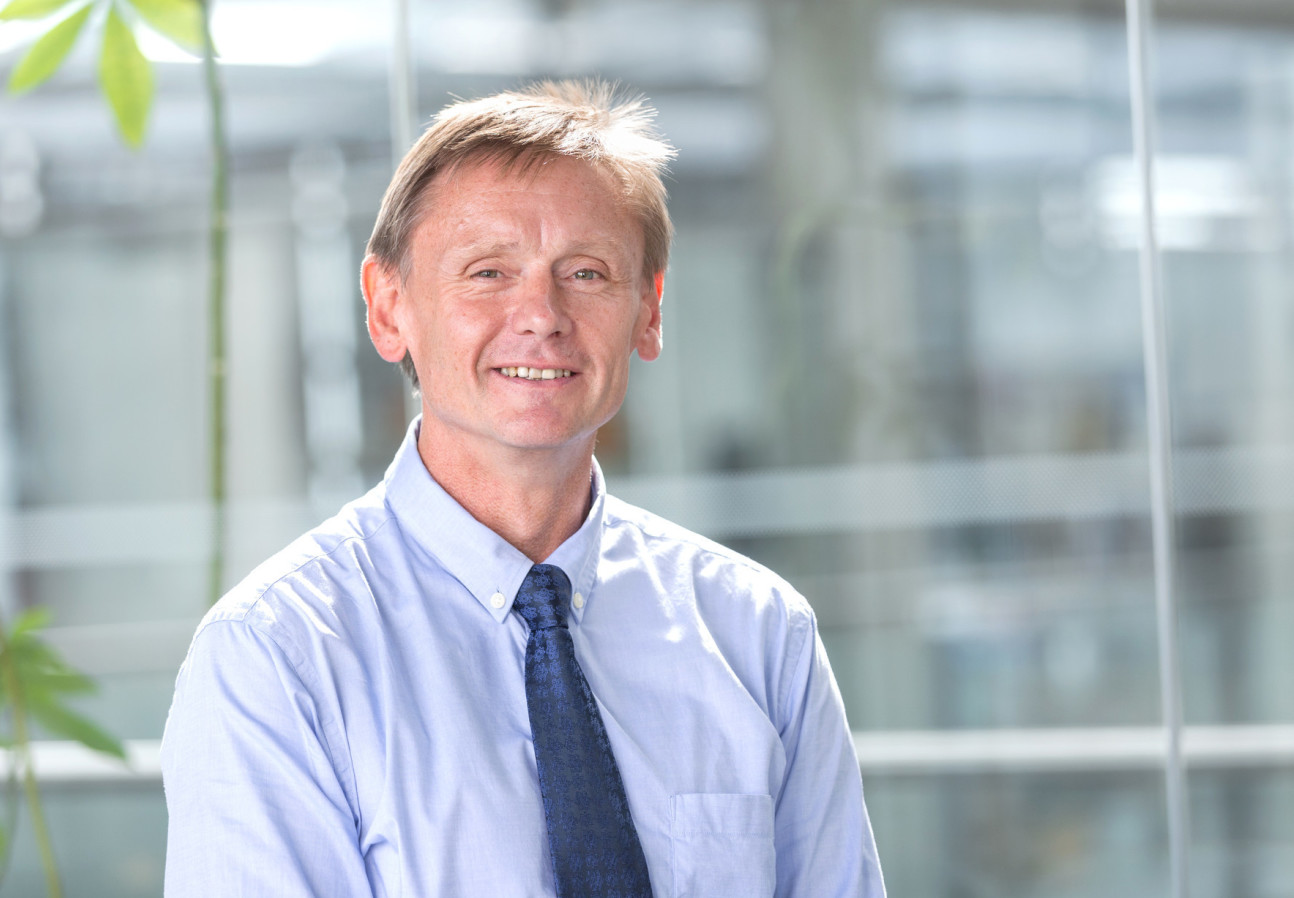Expanded Education Week draws in top speakers and wide audience
by Sarah Saxton

Education Week brought guest speakers and Imperial experts together to share innovative research and ideas in higher education learning and teaching.
Education Week’s online format enabled more participants to attend and was open to external attendees for the first time. Sessions included keynote speakers and presentations on a wide range of issues including broadening participation, wellbeing and XR (mixed reality) in education. A practical session led by Dr Peter Johnson from the Department of Mechanical Engineering enabled participants to experience being on the end of remote teaching session as they built a Lab in a Box.
Professor Martyn Kingsbury, Director of the Centre for Higher Education Research and Scholarship (CHERS) said: “This is the first year that we have held a full Education Week and I am delighted that the online, expanded format has enabled us to reach more attendees than ever before across multiple locations. I am very grateful to our guest speakers who have shared fascinating insights and a sector-wide perspective, and to the teams across Imperial who have presented their research and innovative teaching for the benefit of the whole College community.”
Wellbeing and belonging
How student wellbeing affects learning was the focus of the keynote session delivered by  Dr Denise Meyer, Head of Wellbeing at the University of Portsmouth. Dr Meyer argued that educators need to build greater understanding of “the role of emotions and emotion regulation in successful learning”. Whilst cognitive aspects of learning have had significant attention, students’ emotions and their potential impact on learning have not been adequately explored.
Dr Denise Meyer, Head of Wellbeing at the University of Portsmouth. Dr Meyer argued that educators need to build greater understanding of “the role of emotions and emotion regulation in successful learning”. Whilst cognitive aspects of learning have had significant attention, students’ emotions and their potential impact on learning have not been adequately explored.
Fear, anxiety and stress about exams or assessments can all affect student’s emotional state and have an impact upon their learning. Recognising the importance of this has implications for how we prepare students, for example being clear about how assessments will be marked or providing exam preparation sessions. Dr Meyer continued: “connection and a sense of belonging are the foundation for the psychological security required to successfully face the emotional challenges integral to learning and the student experience.”
Dr Tiffany Chiu from the Centre for Higher Education Research and Scholarship shared preliminary findings from the SIDUS project, aimed at promoting inclusion and supporting success for STEMM students from underrepresented groups at the university. Dr Chiu said: “It is widely recognised that students’ sense of belonging can have implications for their academic learning, engagement and wellbeing. Our analysis suggests that students often experience ‘imposter syndrome’, which describes persistently feeling like a fraud and not believing in one’s own achievements. Universities should support students to manage fleeting feelings of being an imposter alongside challenging overly competitive academic cultures which pressure students to ‘catch-up’ or ‘overcome’ their imposter feelings.”
Transforming assessment
Recognising that the pandemic has resulted in many enforced  changes to learning and teaching, Education Week delved more deeply into the field of assessment. As well as hearing from Professor David Carless, Professor of Educational Assessment at the Faculty of Education, University of Hong Kong, participants heard from Imperial teams who had already begun the shift away from traditional assessment methods before COVID-19 hit.
changes to learning and teaching, Education Week delved more deeply into the field of assessment. As well as hearing from Professor David Carless, Professor of Educational Assessment at the Faculty of Education, University of Hong Kong, participants heard from Imperial teams who had already begun the shift away from traditional assessment methods before COVID-19 hit.
Speakers urged educators to be more creative in their approach to assessments and not be afraid to try new things. Professor Amir Sam said: “It is well recognised that assessment drives learning and the choice of assessments influences students’ learning behaviours. The recent advances in information technology have presented unique opportunities to transform our assessment practice and enhance students’ learning experience.” Professor Sam highlighted that a strong performance in assessments as a medical student is not necessarily an indication of which students will be the best performing doctors once qualified.
Professor Carless said: “Assessment needs to balance the competing functions of grading, effective student learning and practicality. These challenges have been accentuated by remote distance learning during the pandemic.” Trying to deliver traditional exams during the pandemic created challenges around fairness and ownership of the work which meant that institutions had to find other ways to reliably assess students. The pandemic highlighted the need to move to more authentic methods of assessment that still differentiate between students but also provide a more educationally beneficial experience closer to what students will be doing in their professional lives. Professor Carless outlined some successful assessment and feedback approaches within STEMM environments such as recorded presentations, peer approaches, open book exams, digital feedback practices and discussed the practicalities of implementing those.
The Centre for Environmental Policy stopped using traditional exams in 2019. Since then they have used a variety of assessment techniques including peer to peer assessment. Dr Louise Rickard explains: “As the students work independently in small groups they, rather than faculty, are best placed to teach and feedback to one another on collaborative competencies. We therefore do not anonymise the peer-feedback as they must be able to ask each other for clarification and further specifics; we support students by teaching project management and collaborative skills more generally including how to give and receive feedback.”
Pandemic drives new collaborations
For Dr Robert Chatley from the Department of Computing, the pandemic enabled the creation of a new extra-curricular course that brought together students from Imperial, the Technical University of Munich and LETI in St Petersburg. The students worked collaboratively on a project that combined software and hardware to write the code to drive a remote-controlled car. Dr Chatley said: “We used the constraints brought about by the pandemic and remote working to bring new and interesting angles to the project, the course and the way that the students collaborated.” Student feedback was very positive with a particular appreciation of the opportunity to work in a multi-cultural team.
Other perspectives
Professor Kingsbury began the final day of Education Week by considering how the challenges  and changes of the last 16 months could be reframed as opportunities by applying the ‘discovery mindset’ - an idea from organisational psychology. “Perhaps now is the perfect time to consider whether the ‘discovery mindset’ might help us build on the successes (and failures) of our COVID-19 response to deliver authentic, research-linked, inclusive and sustainable education. This would enable us to represent Imperial's strengths and disciplinary cultures in a changed and less certain post-COVID-19 international Higher Education sector.”
and changes of the last 16 months could be reframed as opportunities by applying the ‘discovery mindset’ - an idea from organisational psychology. “Perhaps now is the perfect time to consider whether the ‘discovery mindset’ might help us build on the successes (and failures) of our COVID-19 response to deliver authentic, research-linked, inclusive and sustainable education. This would enable us to represent Imperial's strengths and disciplinary cultures in a changed and less certain post-COVID-19 international Higher Education sector.”
The student perspective of learning during a pandemic was presented by Michaela Flegrova of the Student Union who highlighted the importance of face-to-face contact and the value of informal learning opportunities that being on campus allow.
Wrapping up, Professor Kingsbury said: “I am pleased that so many Imperial staff are committed to ensuring that we retain the best new teaching and learning methods when we return to in person teaching. It is clear however that even the best digital learning experiences struggled to re-create the serendipitous interactions between and amongst staff and students which are such an important part of the university experience. As hybrid learning continues over the next few months, we should think creatively about how to facilitate social interactions and social contextualisation of understanding to benefit students’ sense of belonging and their learning.”
Article text (excluding photos or graphics) © Imperial College London.
Photos and graphics subject to third party copyright used with permission or © Imperial College London.
Reporter
Sarah Saxton
Communications Division